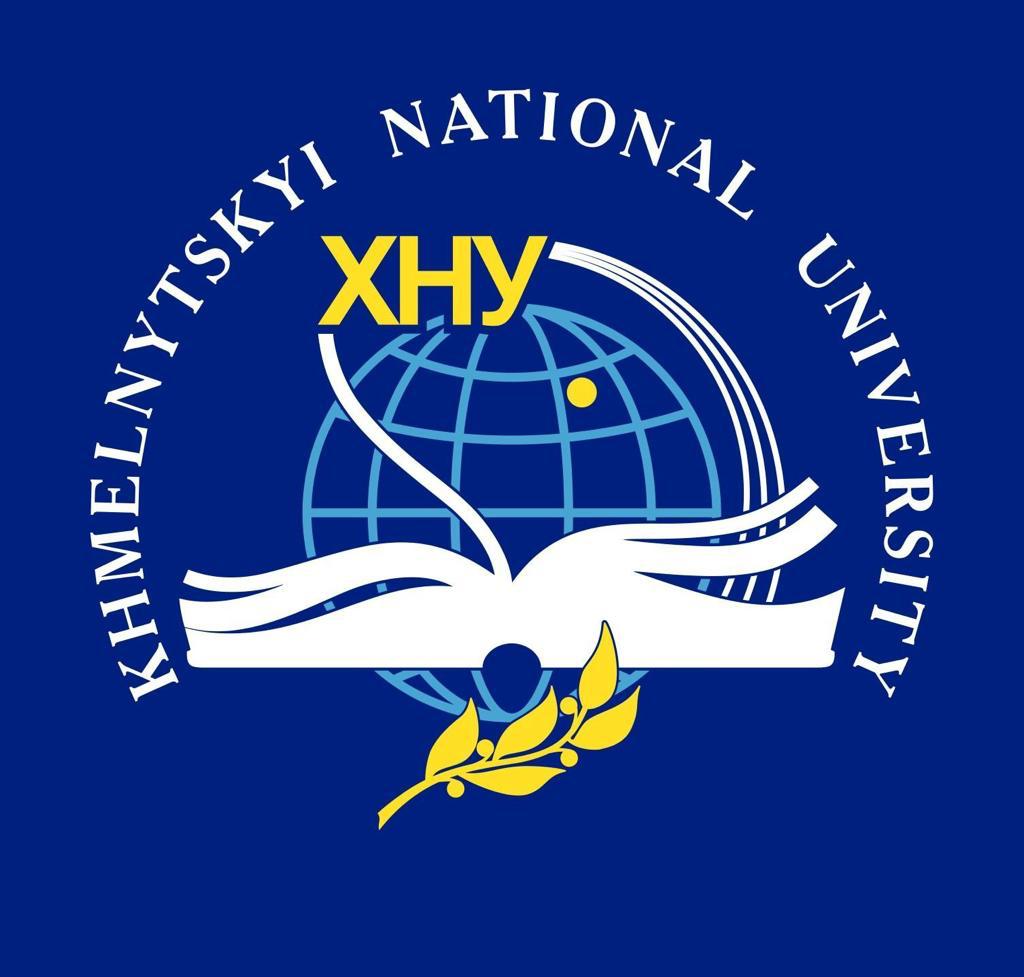PREPARATION OF PHYSICAL CULTURE AND SPORTS SPECIALISTS IN HIGHER EDUCATION INSTITUTIONS OF EUROPEAN AREA
DOI:
https://doi.org/10.31891/pcs.2025.1(1).73Keywords:
professional competencies, innovative methods, pedagogical practice, international cooperation, neuropsychological profiling, motor integration, adaptive learning, professional mobility, digital technologiesAbstract
This article presents a comprehensive analysis of paradigmatic approaches to training physical education teachers in universities across European countries, considering global trends in educational process transformation. Particular emphasis is placed on interdisciplinary integration, adaptive pedagogy, and the digitalization of education. The study highlights the dynamic evolution of educational models that incorporate biomechanics, physiology, cognitive sciences, and pedagogy, forming a new paradigm of learning based on personalized educational trajectories. Special attention is given to analyzing the impact of digitalization on the learning process, including the application of biometric systems, algorithmized models for assessing students' physical parameters, and predictive analytical platforms. The study identifies the growing trend of personalized learning through algorithmized models of adaptive education, integrating neurofeedback technologies, biometric monitoring of students' functional states, and gamification in the acquisition of pedagogical competencies. A significant focus is placed on the concept of integrated professional internships conducted in sports laboratories equipped with high-precision instruments for motor function analysis and somatotypical correction. The importance of international academic cooperation is emphasized, particularly in the framework of inter-university double degree programs and educational clusters based on strategic partnerships within Horizon Europe, Erasmus+, and other initiatives. The necessity of internationalizing the educational environment is substantiated through multicultural adaptation of physical education methodologies and the standardization of teaching approaches in accordance with the requirements of the European College of Sport Science. It has been determined that the quality of professional training is significantly influenced by the degree of integration between theoretical knowledge and the applied aspects of motor learning, ensuring the adaptation of pedagogical practices to modern challenges in physical education. The study confirms that the successful development of professional competencies occurs through hybrid learning models, combining adaptive approaches, digital education ecosystems, and advanced practical training.Recommendations for improving educational programs have been proposed, including the implementation of conceptually new formats of practical training, the development of adaptive physical education for individuals with varying levels of physical ability, and the application of neuropsychological profiling to tailor individual learning trajectories. The findings of this study can be utilized for modernizing the system of training physical education teachers, optimizing interdisciplinary interaction within educational institutions, and enhancing the professional mobility of graduates within the global educational landscape.
References
Cao, Q., & Yu, Q. (2024). Application analysis of artificial intelligence virtual reality Technology in Fitness Training Teaching. International Journal of High Speed Electronics and Systems, 2440084.
Dobiasch, M., Oppl, S., Stöckl, M., & Baca, A. (2024). Pegasos: a framework for the creation of direct mobile coaching feedback systems. Journal on Multimodal User Interfaces, 18(1), 1-19.
Kostenko, E. V., Kotelnikova, A. V., Petrova, L. V., Pogonchenkova, I. V., & Filippov, M. S. (2025). The psychophysiological technology with biofeedback in complex rehabilitation of post-stroke patients: a randomized controlled study. Bulletin of Rehabilitation Medicine, 24(1), 55-66.
Legault, I., & Faubert, J. (2024). Gender comparison of perceptual-cognitive learning in young athletes. Scientific Reports, 14(1), 8635.
Singh, R., & Awasthi, S. (2024). Technology integration in physical education: Exploring the use of wearable devices and virtual reality for enhancing student engagement and learning outcomes. Innovative Research Thoughts, 10(2), 70–74.
Yunchao, M., Mengyao, R., & Xingman, L. (2023). Application of virtual simulation technology in sports decision training: A systematic review. Frontiers in Psychology, 14, 1164117.
Downloads
Published
How to Cite
Issue
Section
License
Copyright (c) 2025 Валерія ТИЩЕНКО , Ольга СОКОЛОВА , Галина П’ЯТНИЧУК, Дмитро П’ЯТНИЧУК

This work is licensed under a Creative Commons Attribution 4.0 International License.





